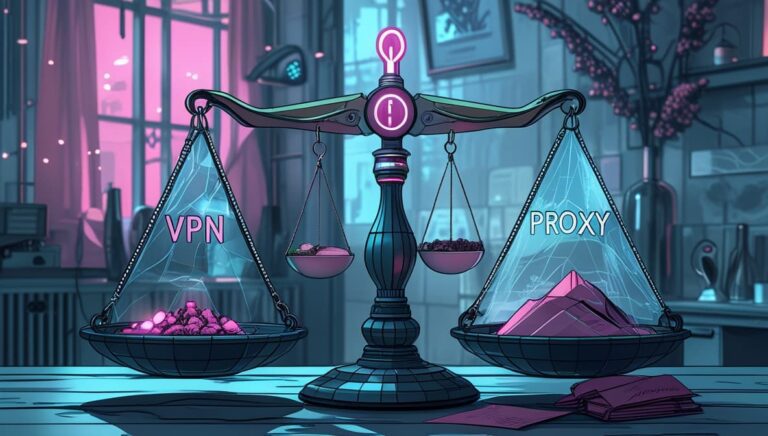WhoerIP – A Comprehensive IP lookup and Browser Analysis Tool
WhoerIP is an online privacy and diagnostic tool that reveals what your device exposes when you connect to the internet.
Whether you’re using a VPN, proxy, or anti-detect browser, WhoerIP provides real-time network connection analysis, including proxy tests, anonymity checks, and TOR checker features. It’s especially useful for checking your IP address—whether it’s IPv4 or IPv6—geolocation, internet provider, and identifying data leaks via DNS, WebRTC, or open ports.
In addition to standard IP checks, WhoerIP.com offers advanced device fingerprinting analysis that enhances your visibility into what your network connection truly discloses.
WhoerIP delivers fast, accurate, and private diagnostics—no installation required. It’s a powerful, free online tool for anyone concerned about online tracking, device fingerprinting, or the transparency of their connection to the internet.




















